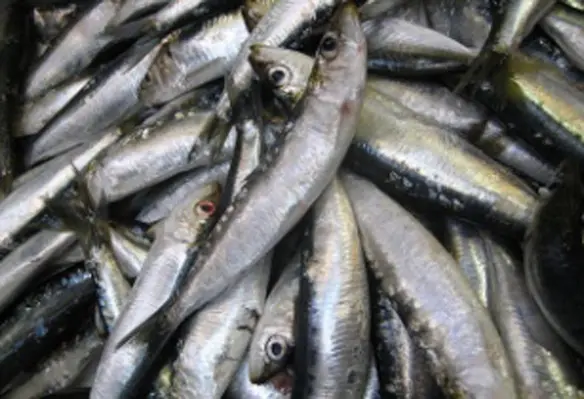GEF funded Oceanic Fisheries Management Project II has launched new Western and Central Pacific Ocean oceanic fisheries Transboundary Diagnostic Analysis report
Under the direction of FAO and UNDP, the Pacific Island Forum Fisheries Agency is implanting the Oceanic Fisheries Management Project. The objective of this project is to support Pacific SIDS in meeting their obligations to implement and effectively enforce global, regional and sub-regional arrangements for the conservation and management of transboundary oceanic fisheries thereby increasing sustainable benefits derived from these fisheries.
The Transboundary Diagnostic Analysis (TDA) study is a core project activity and was undertaken for FFA by Professor David Vousden of Rhodes University in South Africa who is vastly experienced globally in undertaking similar analyses.
Professor Vousden noted, “Tuna are highly mobile species that can move large distances and are not contained within one country’s Exclusive Economic Zone (EEZ) and will move through many EEZs as well as the high seas. This makes tuna fisheries management a transboundary challenge.”
In a consultative and analytical process, a TDA Identifies, confirms and prioritises the threats to effective oceanic resource management, interprets the environmental and socio-economic effects of each threat, identifies the practices that drive the root causes of each threat and defines potential actions for reducing the root causes of threats.
The findings of the 2018 WCPO Oceanic Fisheries TDA were presented to the annual meeting of the Forum Fisheries Committee (FFC) IN May 2018.
Vousden noted, “There are two important observations that can be made regarding the tuna fishery since the Western and Central Pacific Fisheries Commission (WCPFC) establishment in 2004. Firstly, all the available scientific monitoring evidence and modelling supports the conclusion that the tuna fishery in the Convention area is sustainable and is currently not being overfished."
"Secondly, this is down to the fact that the countries, regional fisheries bodies and partnering agencies have been working closely together through this Convention to effectively implement the various activities and requirements in terms of monitoring and managing the fisheries, both within their EEZs and in the high seas as well.”
The concerns identified are weaknesses in aspects of fisheries management and compliance, especially in high seas, Inadequate application of ecosystem management strategies, the potential impacts of climate change, coastal activities and pollution affecting the ocean ecosystem and the impacts of waste disposal and pollution at sea.




